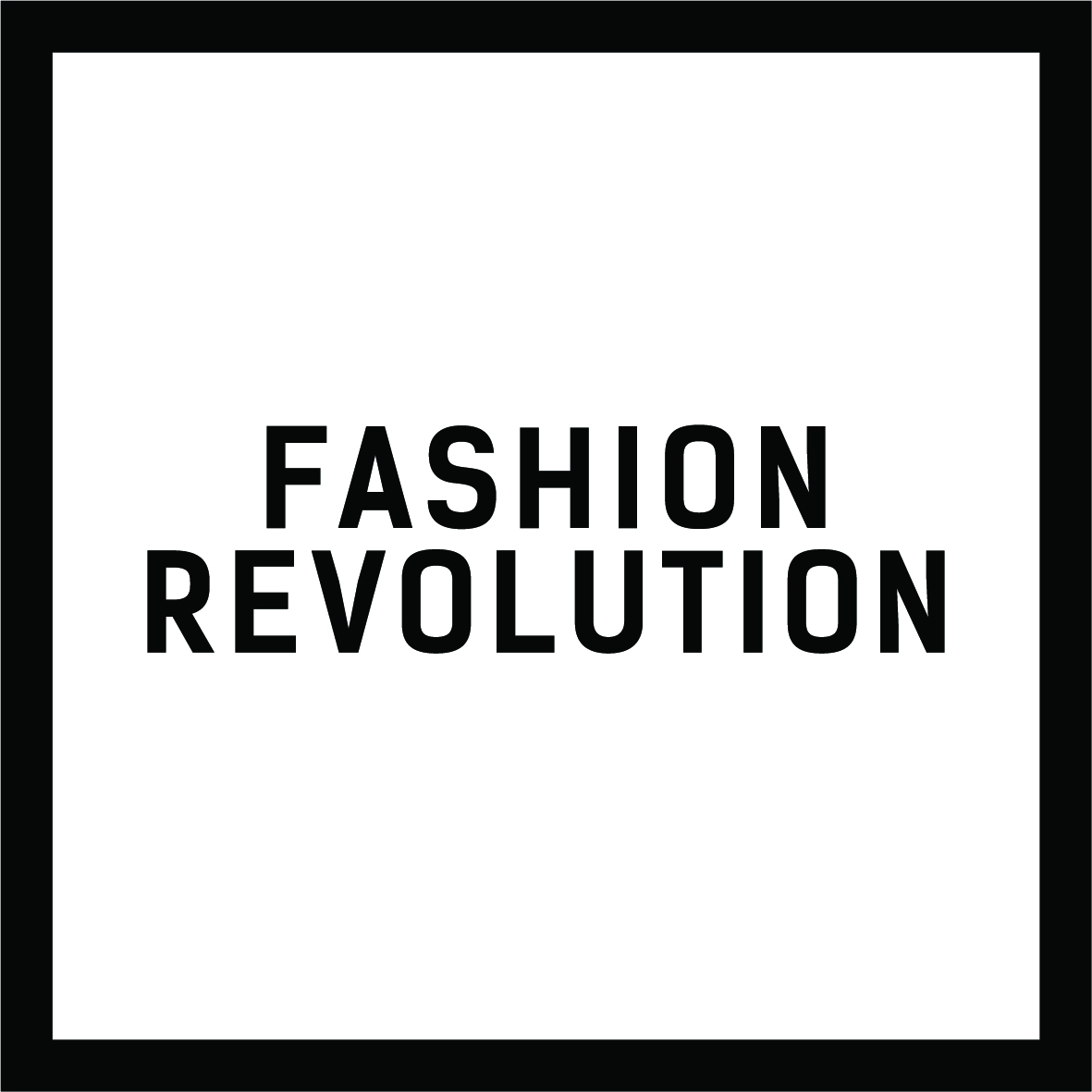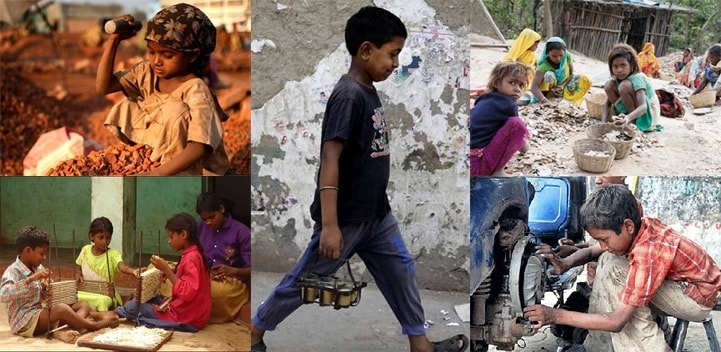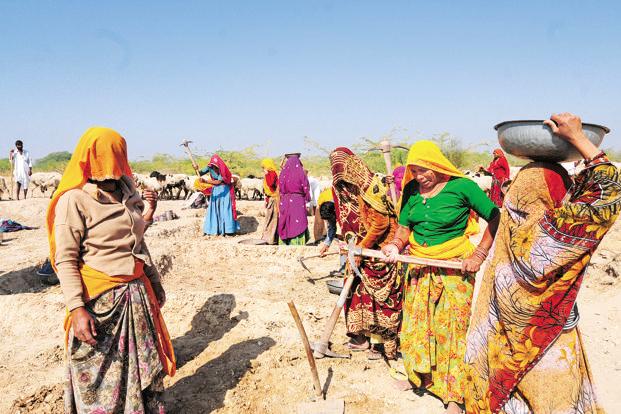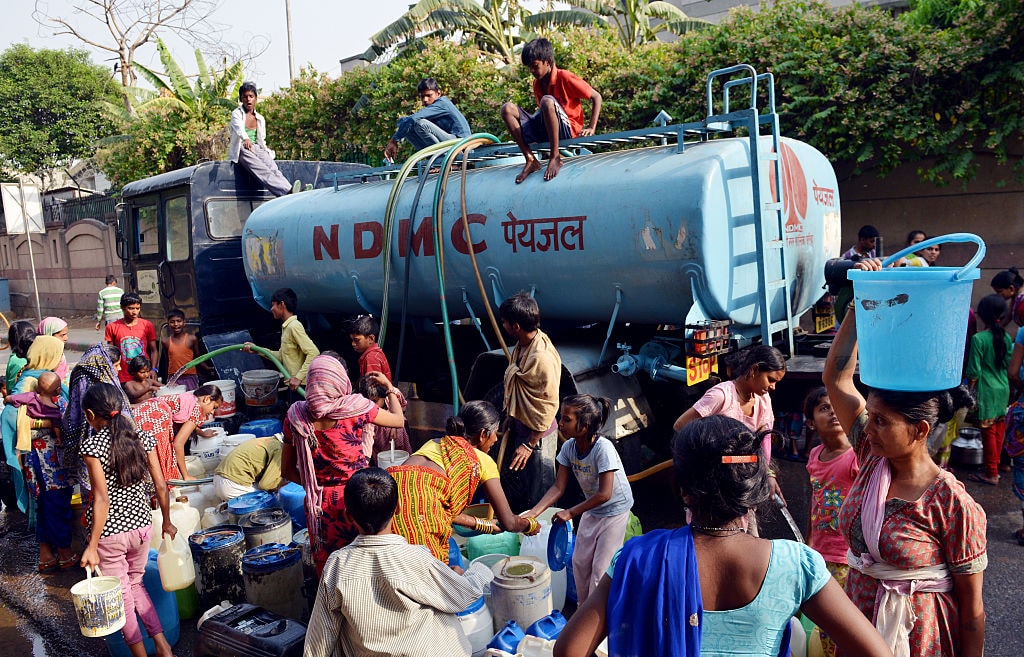“Fashion Revolution-One more opportunity to educate ourselves”
What to buy? What to wear? What’s fashionable? What’s most popular? Who designed my cloth? And so on…
These are some of the questions many people are surrounded with, especially those who are living in the modern society, urban culture, who have luxury to choose, who can attend such event such as fashion week, fashion revolution week, sustainable fashion, etc. Perhaps they are more conscious about ethnic wear, sustainable fashion, slow fashion, hand-made, fair trade and all those trendy/catchy words that are being used these days by every single textile and fashion businesses, brands, labels, designers and celebrities.
On the other hand there are still many less fortunate people who are also concern about what to buy? What to wear? but for different reasons.

 (*pictures are only symbolic and downloaded from internet)
(*pictures are only symbolic and downloaded from internet)
What to wear? Because they don’t have enough cloths.
What to buy? Because they don’t have enough money to buy.
What’s fashionable? What? That word is far away from their daily concern which is all about basic survival needs such as enough food and drinking water, shelter, in other word basic human rights.
How sad that even after industrialization, globalization and many other popular technologies becoming so common everywhere, we are still way behind when it comes to equal opportunity to live, thrive, human development index, basic human rights, environmental awareness, protection of remained endanger species and so on…
“If we think that we human have consciousness and wisdom then the time has come to use them.“
We must not ignore the fact that everything is connected, everything we buy, has some impacts on someone’s economical and social situation as well as on our fragile eco system.
So what’s Fashion revolution for you? Are we only concern about “Who made my clothes?” or are we sincerely concern about social, economical and political world that we have shaped which supports someone’s greed more than other’s need?
Many people in India think that what rich and famous people wear, is fashionable. What an irony! These rich and famous people are the one who are wearing these days so called ethnic, sustainable, environmentally friendly and so called slow fashion which is revival of traditional costumes that many traditional communities of India always have been producing, wearing until very recent when people are completely brainwashed by “Modern Fashion Industry” which is quite manipulative and hasn’t been environmentally or socially concerned much but finally it seems like they are trying to be.
Right now everyone is celebrating Fashion Revolution week everywhere. I’m happy to follow them.
I’m glad that in the name of being concern about “Who made my Cloths?” people are, at least, posting pictures of those beautiful, skilled and hardworking people across the world, whom they never tried to know/recognize before until Rana Plaza tragedy happened in Bangladesh in 2013.
Now very first question rose to my mind “Do we need such tragedy to happen in the world to educate our “selfish or ignorant-selves” to know this basic fact that whatever we wear, we eat or we consume comes from the ground and requires natural resources?” and there are many skilled, hardworking people in this chain who created, produced, made, packed, transported, distributed, delivered to our doorsteps, are equally important people whom one should be thankful if you truly care for what you wear, what you eat, what you buy.
None of the fashion or textile labels/brands/designers/businesses could sustain without these hard working, skilled humans who are still working at the bottom of the triangle where those who are the real makers (weavers, printers, dyers, embroiders, tailors, etc are still pretty much stuck at the bottom of social and economical pyramids, for one or another reasons and they are far away from the reach of their buyers who hardly try or can understand their social, economical, physical or emotional or any other circumstances under which “Your clothes have been made”
A least we can ask ourselves: “Am I genuinely concern about people on the planet who are still being abused, exploited, living under circumstances…?
Am I really going to change the way I purchase my clothes?
Aren’t we living in the bubble of fashion and trends, a very glamorous industry that controls millions of people around the world?
Do you really care “Who made your Cloths?” If so, let me ask you few more questions:
Do you know that person’s name who is holding the signboard “Who made your Cloth?” in his/her hands?
Do you know how he/she ended up in textile industry? Whether it was his/her individual choice or circumstances? Whether he/she is working under the limit of maximum hours per day, per week or per month? Or she has to work long extra hours to feed her family?
Is the person who made your cloths, getting enough holidays every month to spend time with friends/families?
Is the person working in safe working environment?
There are hundreds of questions rising in my mind when I think of those people who have been neglected, abused or exploited by some of the giants ruling and manipulating fashion and textile industries worldwide.
And that’s why people are trying to educate us about “Who made your clothes?” in their own ways.
Do you know that each and everything you buy comes from Nature in the end and today many Natural resources are scarce? Whatever you buy necessarily or unnecessarily, whether you buy it to support small artisans or famous designers, brands or chain stores, it costs natural resources, especially the most precious among all, the Water.
Do you know because of mass production in Textile industry and many other industries, the consumption of water has increased extremely high and with the increased population and also with uncontrolled usage of water consumption by modern industries, millions of people in countries like India, China, Brazil, South Africa, Jordan, Iran, etc are directly affected. Whether it’s A industry or B industry exploiting Water, many people on ground have to pay price.
I respect and believe that people who have become conscious about “who made my clothes?” are genuinely interested in buying handmade, natural dyed, fair paid, locally made products but have you ever thought that in the end it comes from Nature and lot of those products comes from the region where water is scarce and people in those regions, can afford mobile phones but not clean and safe drinking water.
So my simple requests to you, to sum up this subject, are:
Please…
“Buy Less but Appreciate More”
“Buy directly from the maker/artisans/producers if possible”
“Don’t just buy any product that feeds your ego but truly educate yourself more about what you buy”
“Reduce, Reuse, Repair, Recycle, Share and exchange with others”
And the last, not the least:
There are still many people in the world who do not have what you have, so please “Be Grateful for what you have”